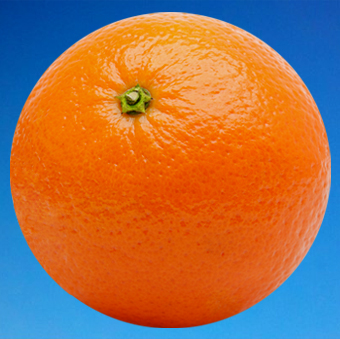
Social distancing measures have drastically changed the lifestyle, decadence and routines of the public. For good and for bad, we have disjointed the society that we once thought was impenetrable. In this article, we’re going to look at the nutritional implications of quarantine. First and foremost, it has been difficult to frequently acquire fresh produce because of lockdown restrictions. Many of us are used to living near shops where we can walk or drive, on an ad hoc basis, to get some fresh produce.
With such limitations on fresh produce, there’s no doubt that frozen, processed and/or pre-cooked food is going to be more convenient. These are undoubtedly more unhealthy, and the processed meat is proven over and over to be cancer-causing. This is leading to weekly or even bi-weekly shops for many people.
Of course, most fruit and veg do not last this long, so many are turning to takeaways, which saw a huge spike in sales. The food quality varies between takeaways, but there’s no doubt the mean is of a fairly unhealthy standard.
An important narrative during COVID-19 has been how vitamins can help fight off the virus. Researchers at Oregon State University, along with the universities of Southampton (UK), Otago (New Zealand) and Medical Center (Netherlands), have published findings in the Nutrients Journal.
Findings showed that Zinc, Vitamin D, Vitamin C, and Omega-3 fatty acid are all vital for immune function and are thus integral to our fight against coronavirus. Researchers are frequently urging the public to consume regular supplements, which in turn may result in a silver lining. The message has also extended to heat-shock proteins through sauna usage along with regular exercise in maintaining a strong immune system.
The case for bulk buying food may raise valid concerns over canned and processed foods, however, this doesn’t apply to everything. In some cases, buying frozen food can actually be beneficial. For example, vegetables are found to be higher in phytonutrients and vitamins when frozen compared to fresh. This is because the nutrition can be reduced over time of perishing, so even a few days old fresh peas are actually less fresh than frozen peas, which are frozen immediately after harvesting.
Some people have used lockdown as a reason to be more thoughtful of what they purchase, however. Whether or not they can access frequent fresh produce (many still can), we are forced to shop more infrequently and with less convenience (often online). If we cannot buy food ad-hoc, it means that we’re putting more thought into planning meals for the week.
Planning meals is a huge bonus for nutrition, because you’re going to be more aware of what you’re consuming. A French study found that meal planning is associated with better diet quality, food variety and body weight. You get a much clearer idea of whether your diet is limited and lacking variety when it’s written down weekly. Furthermore, it makes you more motivated to cook too, as it’s scheduled in.
Most importantly, weekly shops = less opportunities to impulse-buy. With resistance to frequenting the shop and more free time at home, it’s no surprise that we are cooking from home more. Google Trends show that UK searches for hot cross bun and sourdough recipes have risen during lockdown, inferring home-cooking is back on the menu, which is a good sign for our health.
Lockdown measures have brought on the ban of some products in some countries, which could be deemed to have its benefits. For example, South Africa banned the sale of alcohol and cigarettes as a means to stop the spread of the virus. Of course, there’s negative sociological, economic, political and criminal implications that have come about as a result. But! From a nutritional perspective, this is another win from quarantine — though it is somewhat overshadowed in the grand scheme of things.
